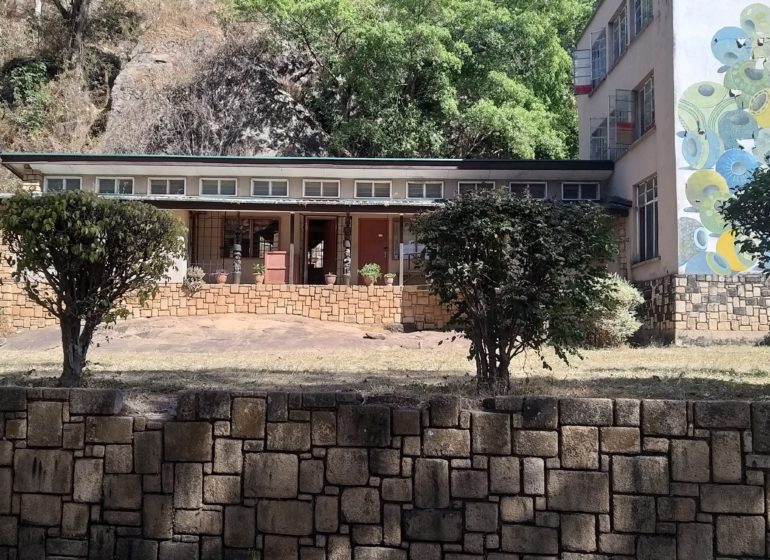The International Museum Day is celebrated annually on May 18.
This day highlights the important role of museums in promoting cultural heritage, diversity, and inclusivity.
It also underscores the significance of building and preserving museums in society.
In honour of International Museum Day, TheCable highlights museums across Nigeria that serve as custodians of the country’s diverse cultural heritage.
Here are some museums in Nigeria you can visit to gain a glimpse into the country’s past, historical events, and artistic achievements.
- Badagry Heritage Museum
The Badagry Heritage Museum is located in the ancient town of Badagry. Badagry was a major port during the transatlantic slave trade.
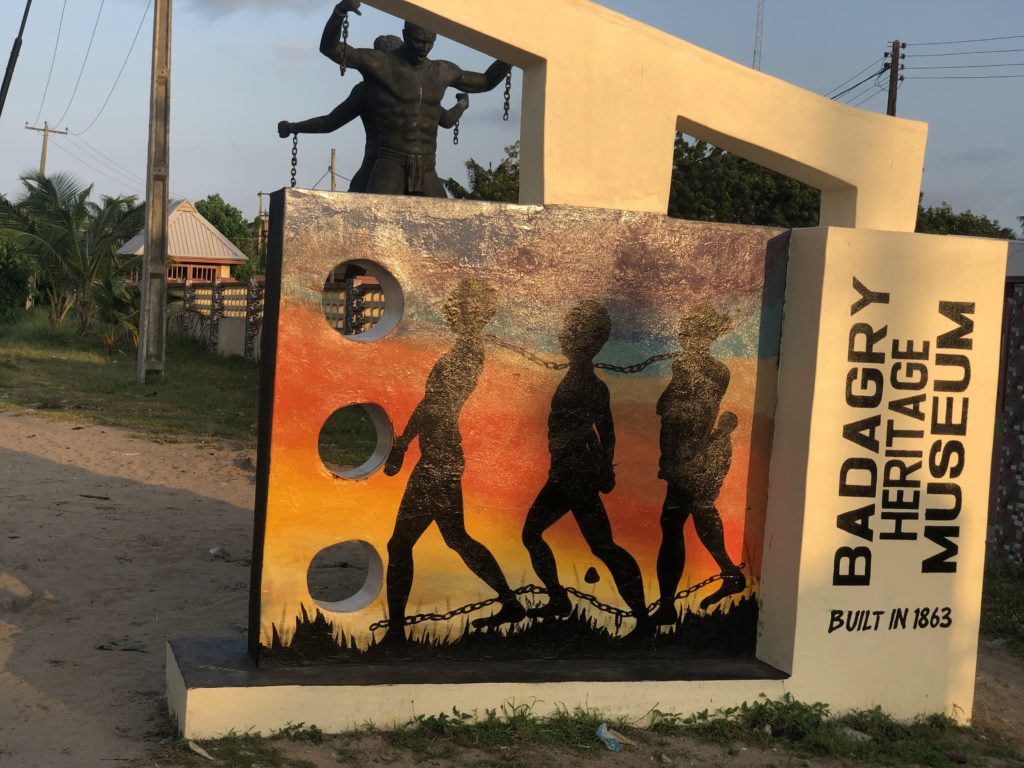
Badagry became the port for the slave trade at the time because of its proximity to the Atlantic Ocean.
So, the slaves are transported through a major port known as Point of No Return.
The museum features exhibits on the history of Badagry, the slave trade, and the area’s culture.
Badagry Heritage Museum has nine galleries that contain artefacts, paintings, photographs, historical documents, and sculptures.
These detail the exportation of slaves across the ocean and its impact on the local community.
While at it, you can also visit the first building in Nigeria and see the first Bible translated into Yoruba as both are in Badagry.
- Gidan Makama Museum
Gidan Makama Museum, located in Kano, is a historical and cultural museum housed in a 15th-century building.
The museum is partitioned into 11 galleries showcasing Kano’s rich history and culture.
It exhibits traditional arts, crafts, and historical artefacts.
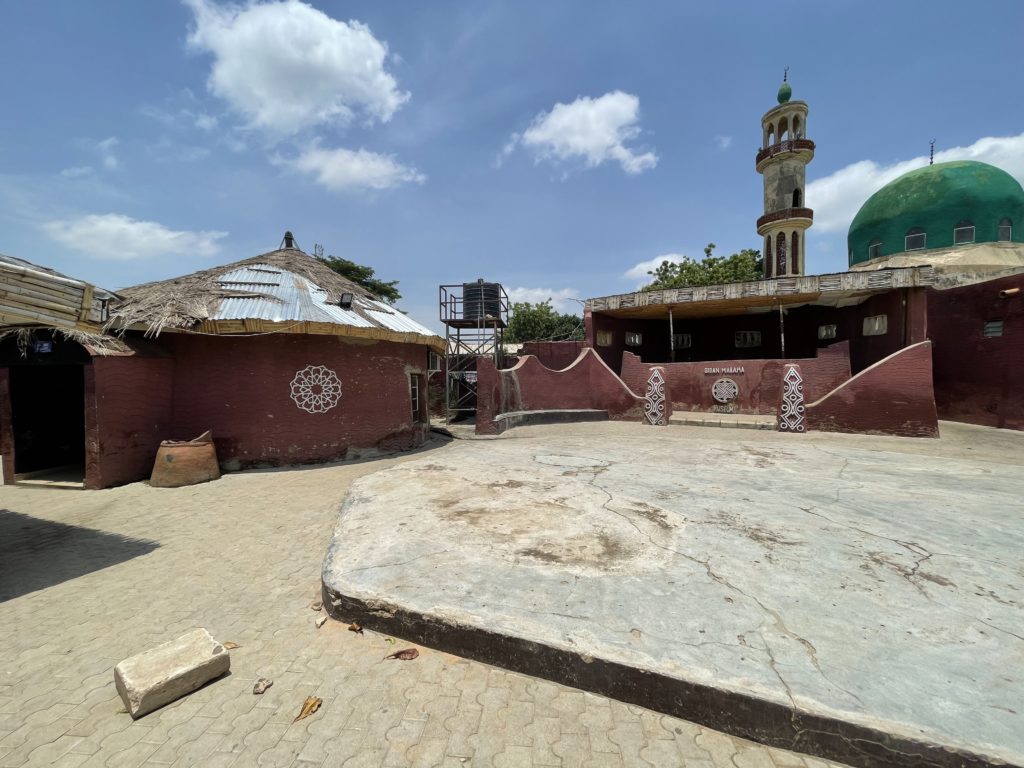
It is particularly known for its displays of traditional Hausa architecture and cultural artefacts, offering a unique glimpse into the heritage of the Hausa people.
- Jos Museum
The Jos Museum is one of the oldest in Nigeria. It was established in 1952 by Bernard Fagg, a British archaeologist.
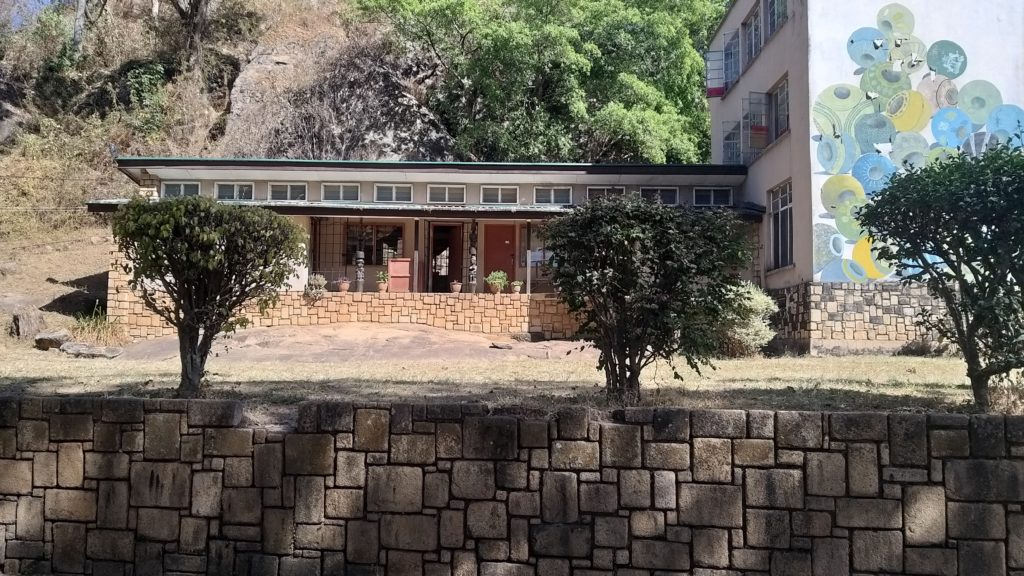
It is renowned for its archaeological and ethnographic collections, including the famous Nok Terracottas.
The museum also features traditional Nigerian architecture and crafts, providing a comprehensive overview of the diverse cultures and histories of Nigeria’s Middle Belt region.
- Esie Museum
Esie Museum is the first museum in Nigeria. It is located in Esie, Kwara State and was established in 1945.
The museum houses a collection of over 1,500 soapstone figures, which are believed to date back to the 12th century. These figures depict men, women, and animals in various postures and activities.
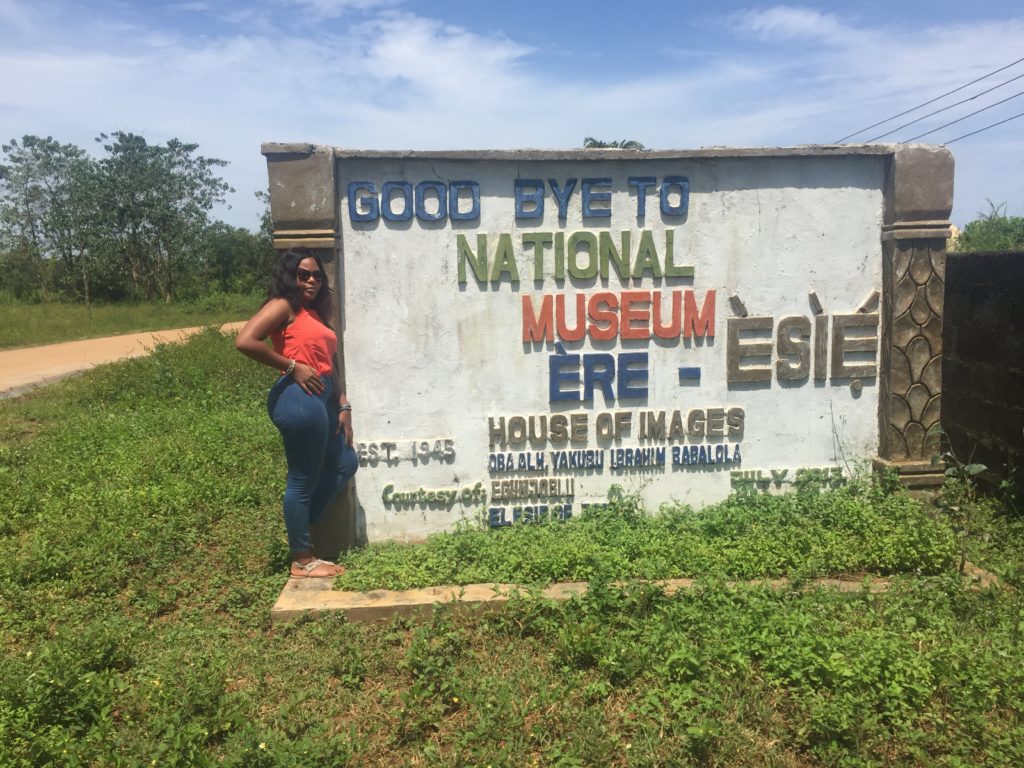
However, the origins of these soapstone figures remain a mystery, sparking interest and debate among historians and archaeologists.
Some suggest that the figures are human beings turned to stone by supernatural forces.
Others say the figures represent deities or ancestors worshipped by early inhabitants of the region.
- Kalakuta Museum
The Kalakuta Museum is located in Ikeja, Lagos. It is dedicated to the life and legacy of Fela Kuti, the Afrobeat legend.
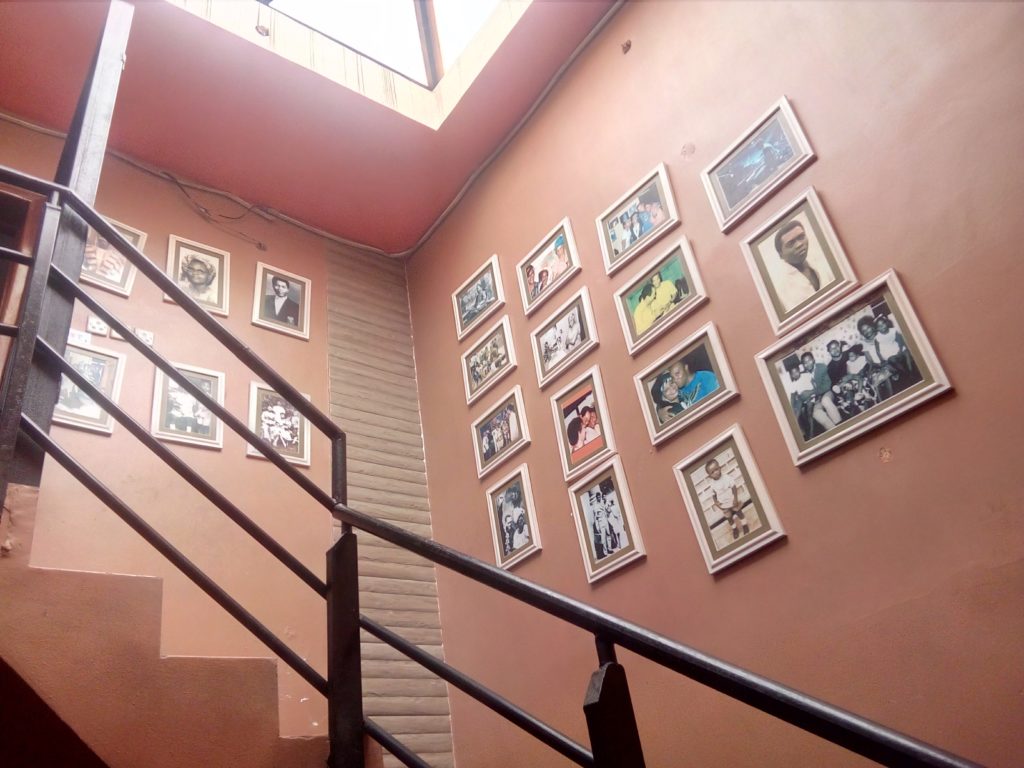
The museum is located in Fela’s former residence and offers a fascinating look into his life, music, and activism.
It features personal artefacts, photographs, and memorabilia, providing an intimate view of Fela’s impact on Nigerian culture and politics.
- Owo Museum of Antiquities
Owo Museum of Antiquities is located in Owo, Ondo State.
It houses a unique collection of cultural artefacts from the Owo region and neighbouring areas. The museum is known for its terracotta sculptures, bronze works, and traditional Yoruba art.
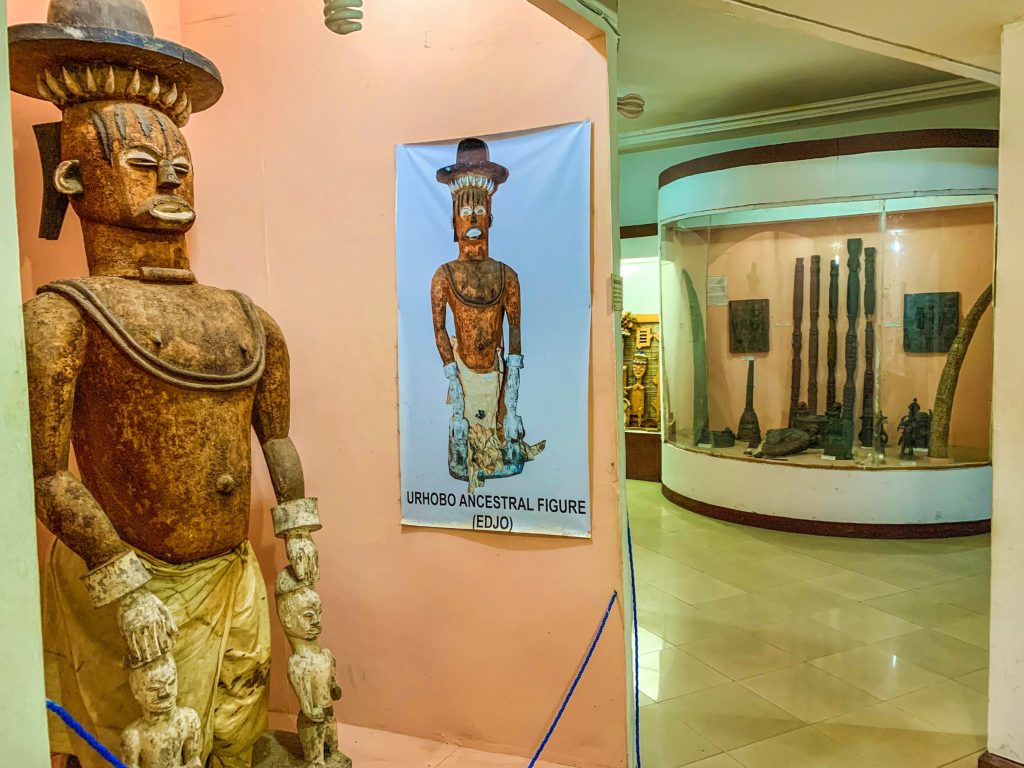
The materials are arranged into three sections. They include early civilisation, archaeological excavations, and an exhibition gallery.
The museum is a historical link between the Ondo people, their past and their ancestors.
- Slave History Museum
The museum is located in the city of Calabar.
Slave History Museum is dedicated to preserving and showcasing the history of the transatlantic slave trade.
The museum features exhibits on the slave trade routes, artefacts, and historical documents.
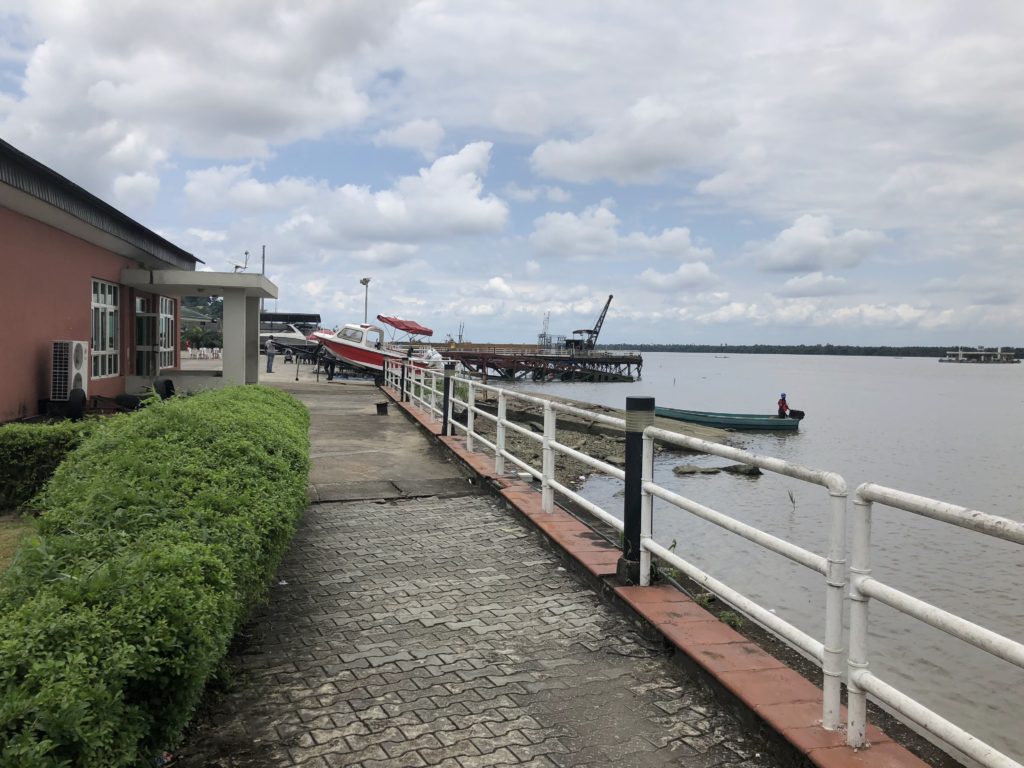
The museum is different from other slave museums because it goes a step further to include audio recordings.
Visitors can hear slaves being auctioned and sold off, the slaves working on plantations and some other scenes.
Copyright 2025 TheCable. All rights reserved. This material, and other digital content on this website, may not be reproduced, published, broadcast, rewritten or redistributed in whole or in part without prior express written permission from TheCable.
Follow us on twitter @Thecablestyle

